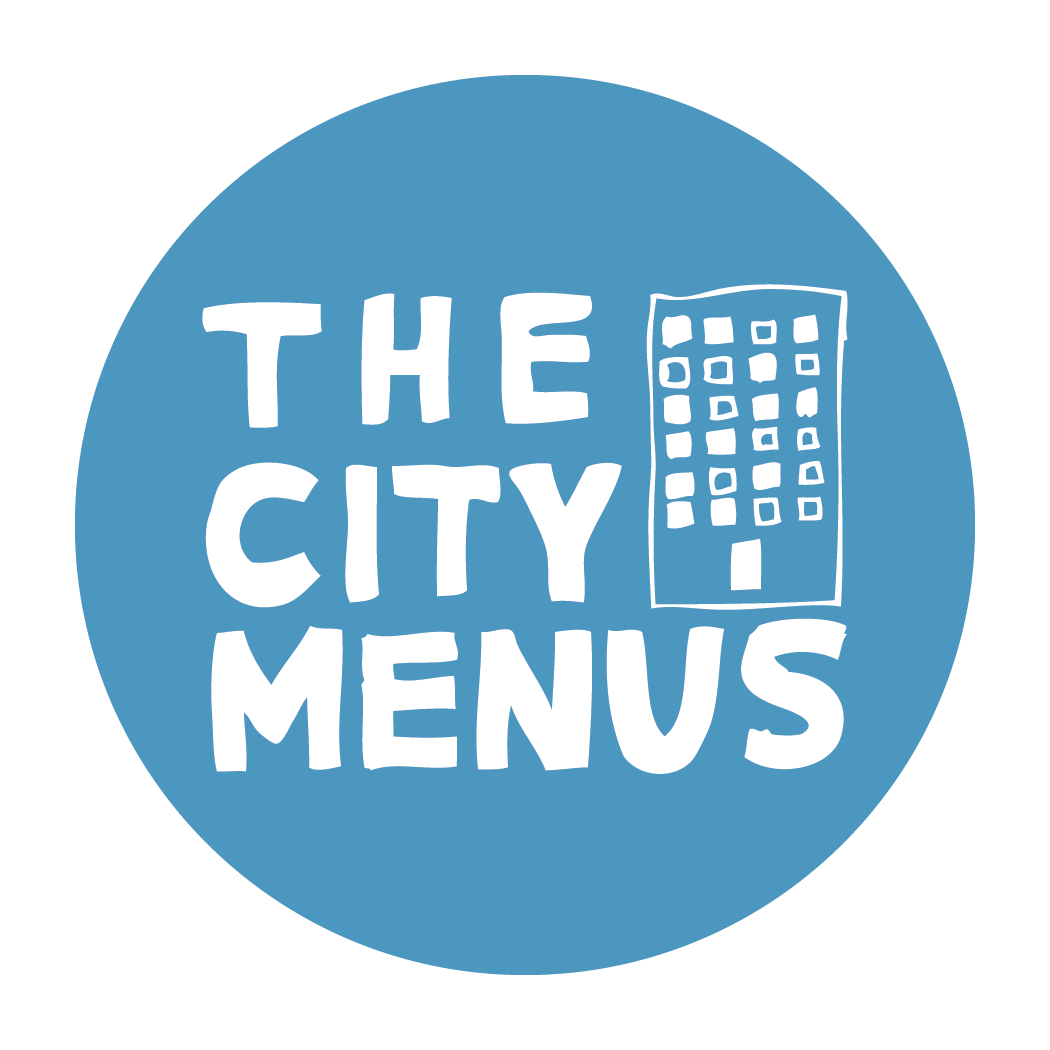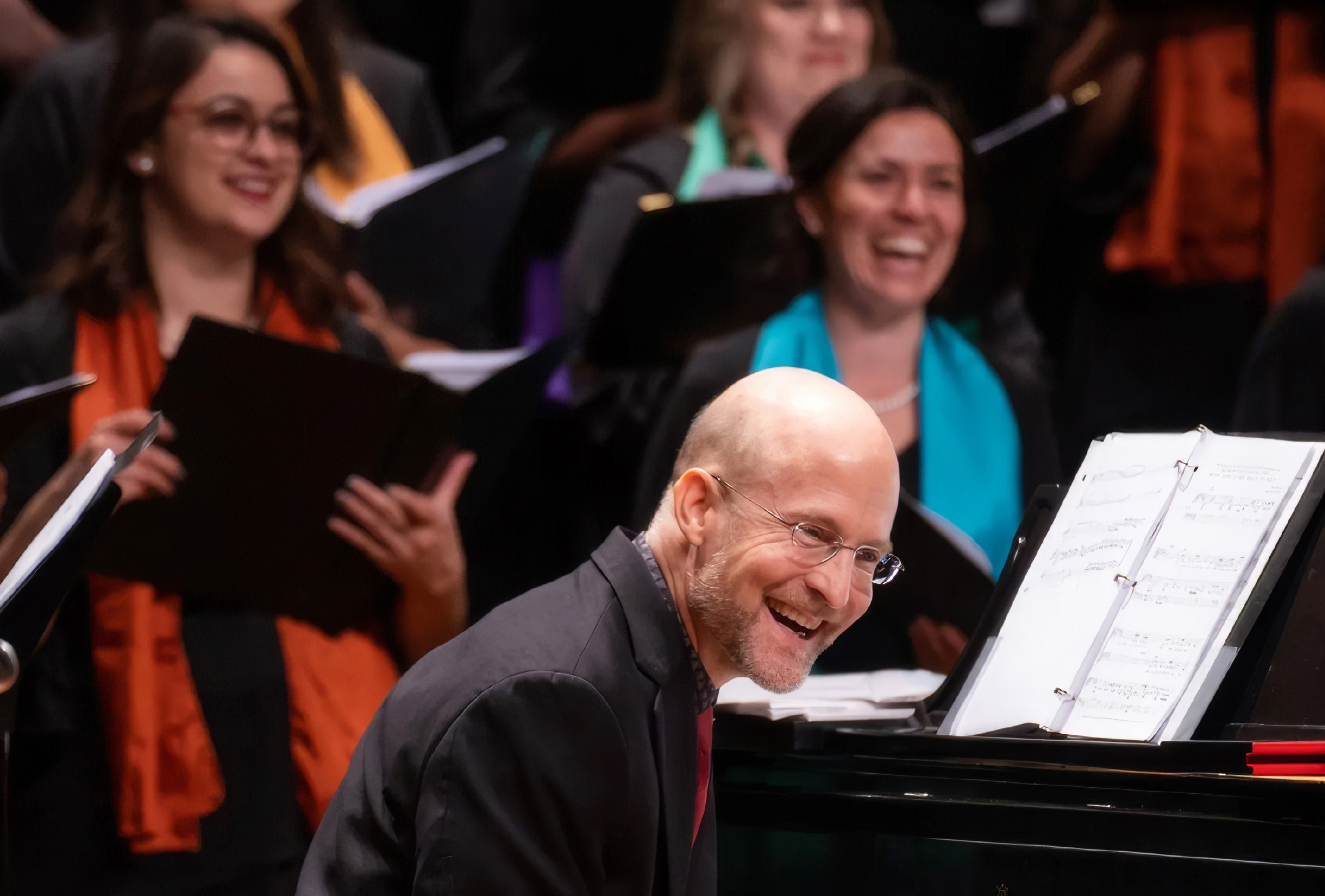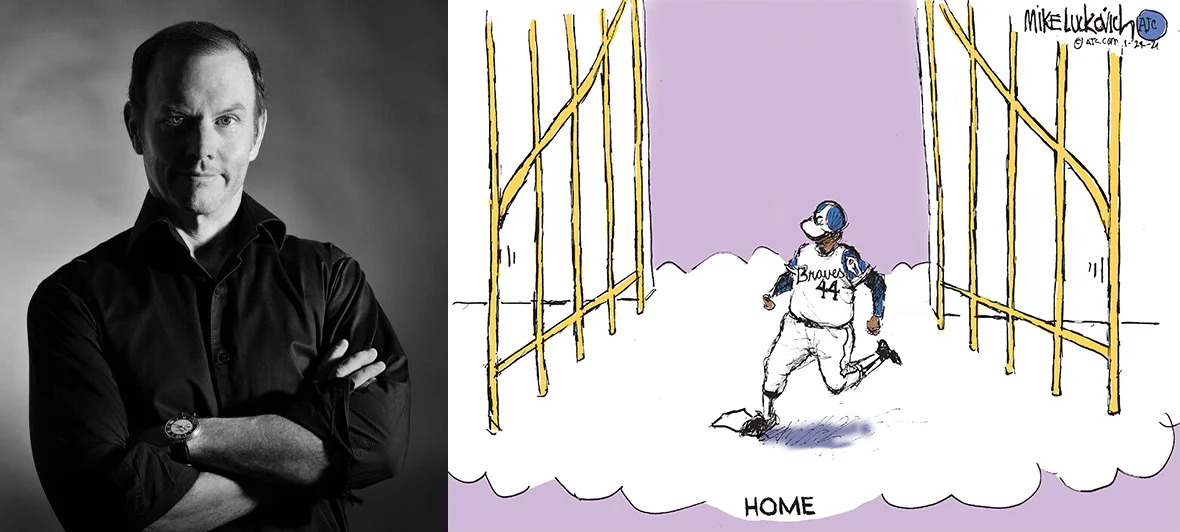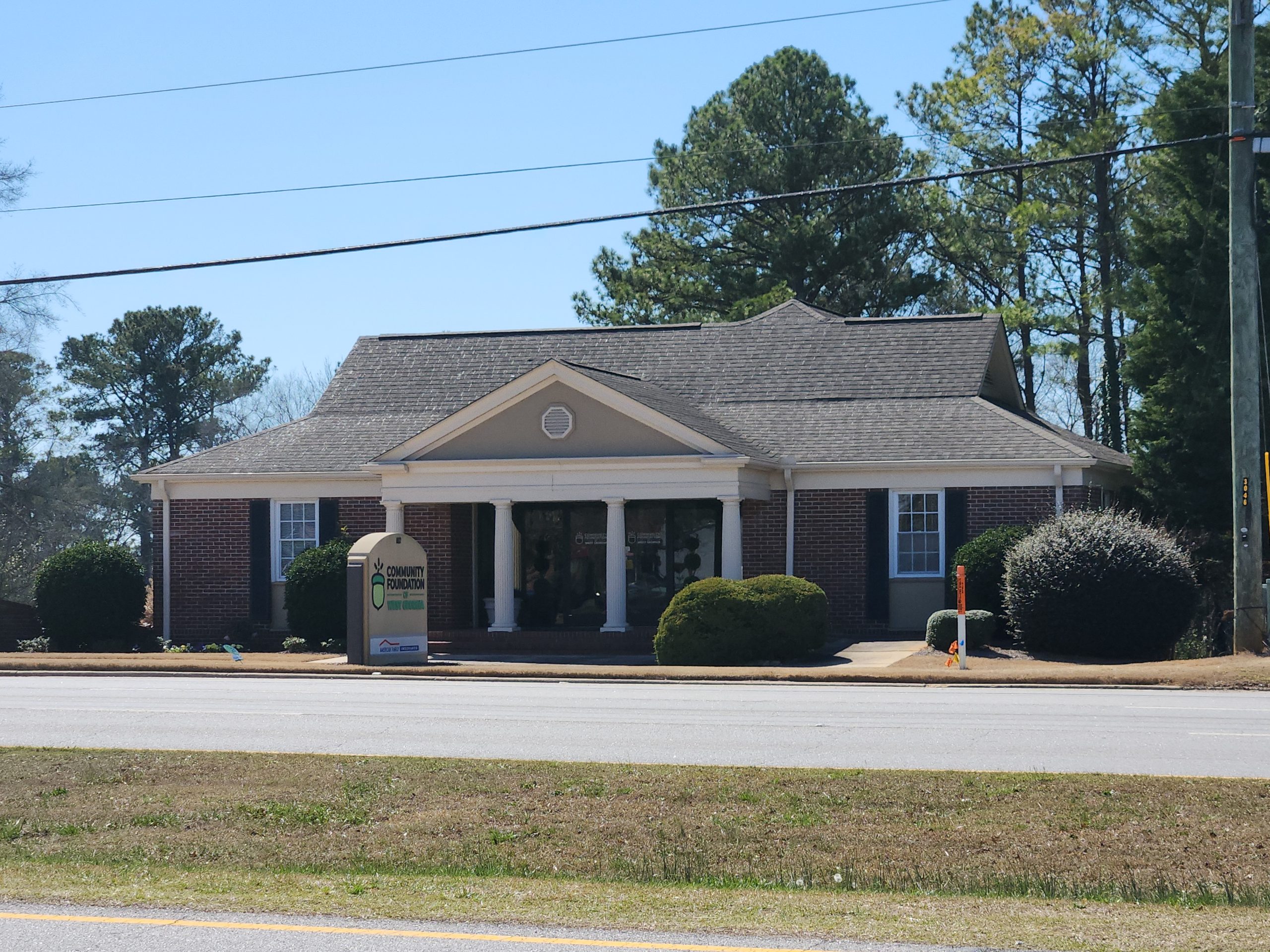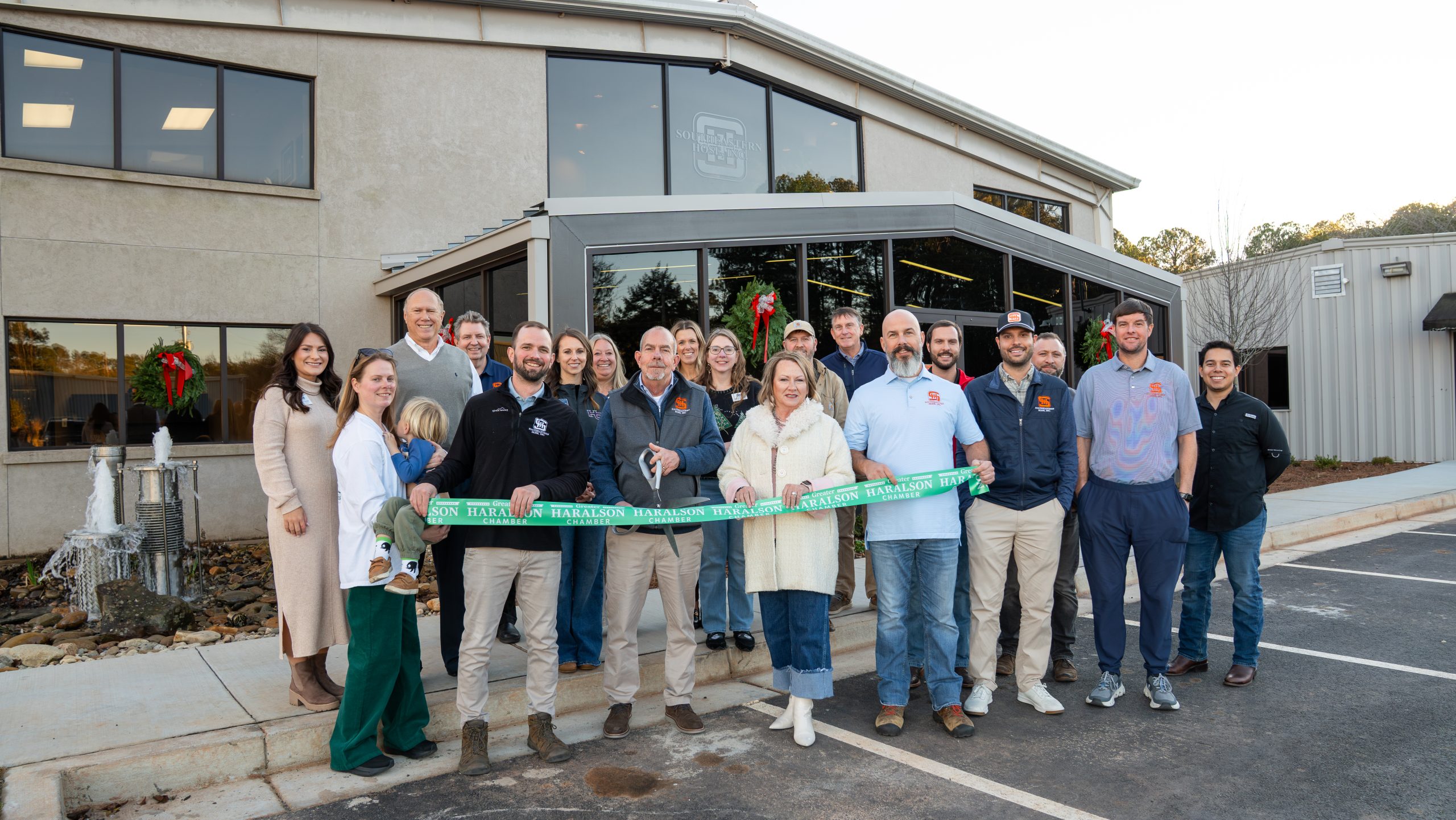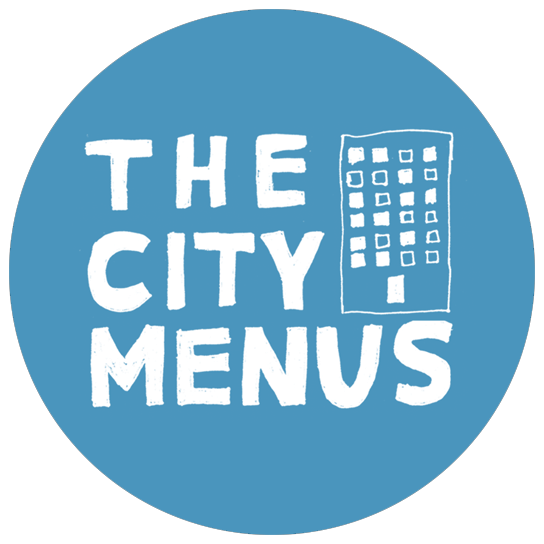
The University of West Georgia has moved its prison education program out of the experimental stage to become the only higher education institution in the University System of Georgia – and one of the very few in a maximum-level security prison in the country – to offer a four-year undergraduate degree program to individuals who are incarcerated.
In partnership with the U.S. Department of Education, UWG currently has an initial cohort of 16 students at Hays State Prison in Chattooga County studying to earn their Bachelor of Interdisciplinary Studies.
“Georgia has the highest rate of people under correctional supervision,” said Dr. Tiffany Parsons, director of UWG’s prison education programs and lecturer of sociology. “With UWG being on the cutting edge of doing this work, we are making our region, state and beyond a better place.”
According to a study funded by the Department of Justice, inmates who participate in correctional education programs are 48% less likely to return to prison within three years than incarcerated individuals who do not. In competition with others coming out of incarceration, they’re more likely to start work at a higher level and have more social and economic mobility to go further.
“Upon reentry, when they return to their communities, they will be in a position of relevance to serve where they can be competitive for jobs,” said Dr. Karen Owen, dean of University College – where the program is housed – and Honors College. “We’re able to give employers a clear understanding that this person will be a strong employee and provide value to what the workforce and community needs.”
The cohort finished their first semester with a 100% pass rate, with 60% earning a 3.0 GPA or higher and 30% achieving a 4.0.
Dr. Abigail Kolb, associate professor of criminology and site director for prison education programs at Hays, noted how far the students have come with critical thinking, using academic language to teach and debate with others in their dorms.
“It makes meaning for them,” said Kolb, who is also a licensed social worker. “This allows them to step outside the traditional prison identity because they are treated like humans and scholars. They have a special bond with one another. I’ve heard from various students that life had been very bleak for them, and now this has changed their world.”
It’s also already having an impact on inmates’ families.
“They’ve been very inspirational to their children, and a number of the guys help them with homework over the phone,” Kolb beamed. “They read to them and incorporate discussions about subjects they’ve been learning about in class. They say, ‘If I can do college from inside, you can get through your lessons.’”
One thing that makes UWG uniquely poised to offer this program, Parsons added, is faculty who are empowered to be innovative and go beyond the conventional brick-and-mortar university.
“Our faculty have expertise in the fields of reentry and homelessness and work as applied criminologists and sociologists,” she explained. “Having those backgrounds, plus higher education experience, helps to bridge the gap in a way that allows for program implementation and evaluation to work collaboratively with other schools and correctional facilities to create the best practices.”
Another group that benefits from the program is traditional students who accompany faculty into the prisons and act as peer tutors and mentors. These hands-on, experiential learning opportunities are another value UWG is known for in the curation of a first-choice university. When they emerge from the program, they have quality experience working with vulnerable populations, making them more competitive in the workforce.
“A select group of students are able to participate and learn with the inmates, which is another example of how the prison isn’t isolated and separate from the physical campus,” Parsons said. “It’s a valuable experience that has been beneficial to both traditional and incarcerated students. Recently, an inmate said it was a moment when he was treated like a regular student, and for one hour, he felt like he was in college and not prison. It’s helping build a sense of place for those incarcerated.”
Beginning this fall, UWG will expand its prison education program to the U.S. Penitentiary in Atlanta, furthering its impact. The program will also track inmates post-release and provide them with services to aid in their reintegration, such as housing and employment.
“As a comprehensive university, we have a mission to support our community and region,” Owen concluded. “UWG works to provide a service to a population that can then go back to their communities and provide a better life for themselves and their families. These inmates are seeing a future and having conversations about their next steps. There’s a sense of hope that wasn’t there before.”
